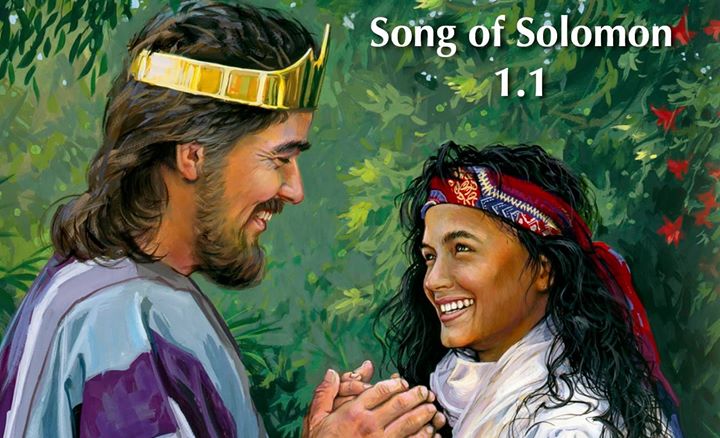
The first way we misread Song of Songs is by trying to find hints of sex in every passage. Some might be tempted to think: “Ah, the groom goes into a garden. The garden must have some xyz sexual representation, and it must refer to some kind of specific sexual activity!”
Look, I am not trying to say that there are no romantic or sexual aspects to the book. Far from it. But when Song of Songs is read in such a way as to find sexually specific acts within every phrase or allusion in the book, the main point of the Song of Songs is completely missed.
The overarching drive in Song of Songs is a holy love that waits to awaken love until the right time (Song 2:7; 3:5; 8:4). And this right time comes at marriage (Song 5:1; 8:5). So if you find sexual activity throughout the book, then this would mean that the groom and bride have awakened at the wrong time. This simply does not make sense and goes against the message of Song of Songs.
Song of Songs also intentionally describes love and sex in metaphorical and beautiful ways. To attempt to identify sexual acts behind the metaphors misreads the song’s poetic intent. It is to read the book like science manual rather than poem with rich metaphorical language. In Song of Songs, sex is viewed as a return to paradise, to the garden of Eden (cf. Song 4:16). It is a reverse of the curse though the consummation of marriage. Solomon is leading us to a deeper understanding of marriage, not merely describing how to have sex.
Sexual desire, nevertheless, plays an important role in the book. But it is part of a narrative of a holy love, a love that is stronger than death (cf. Song 8:6). Don’t look for sex in every nook and cranny in this book. It’s there. But it’s not everywhere. Meditate instead on the love the groom has for his bride, and the bride’s love for her groom. This love desires each other fully and purely. And it waits until the right time to awaken its love (Song 8:6).
https://ca.thegospelcoalition.org/article/three-ways-misread-song-songs/


Comments